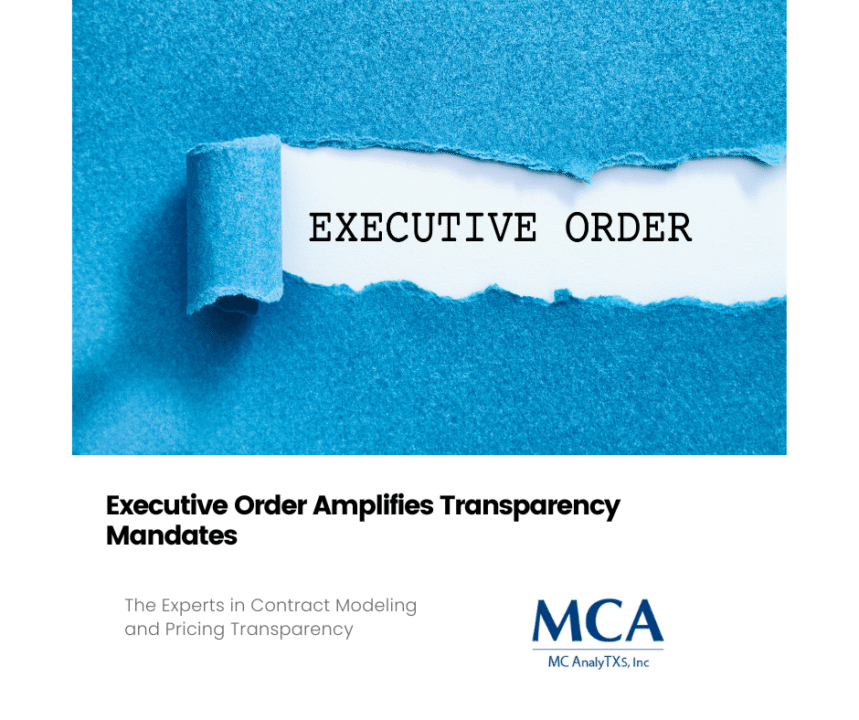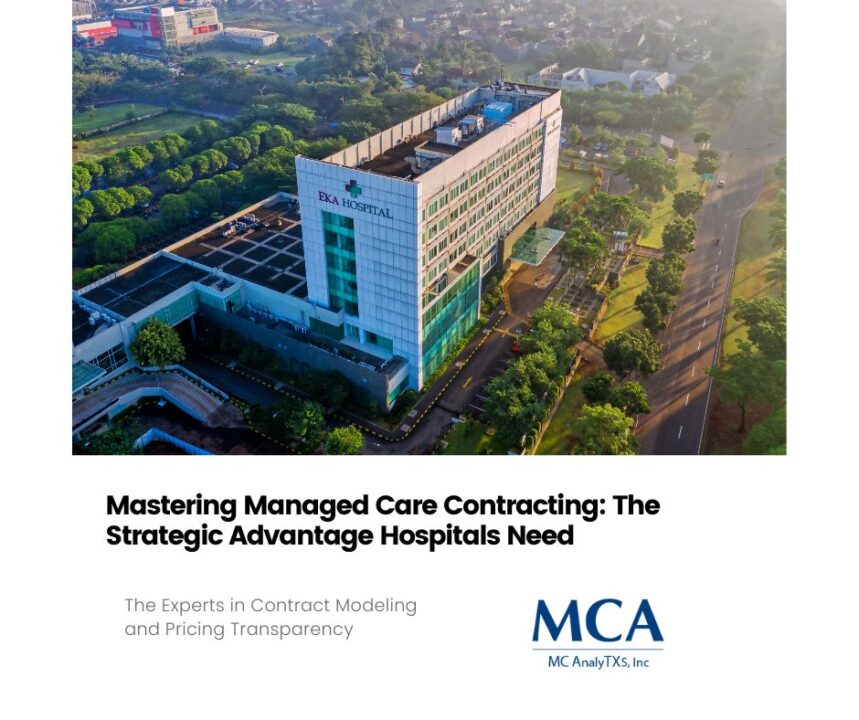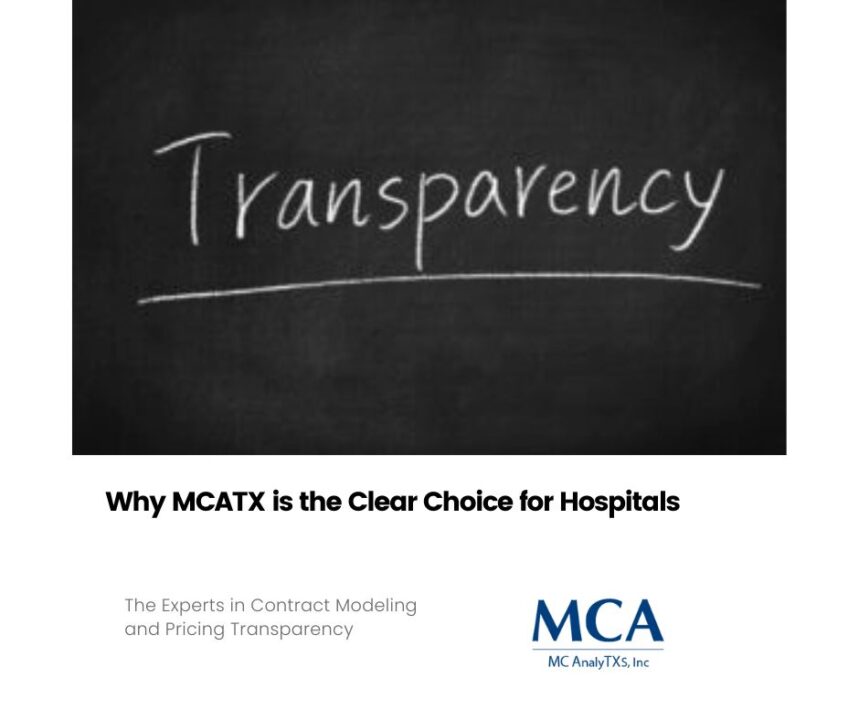
What Healthcare Organizations Need To Know: Revenue Cycle Management
October 23, 2023
The Benefits of Outsourcing RCM for Healthcare Systems
October 27, 2023CMS has implemented a price transparency rule that requires hospitals to publicly disclose their standard charges for items and services. As a result, over 2000 hospitals were fined by CMS for alleged price transparency violations, with half of those hospitals appealing their penalties. Fines vary by hospital and, in some cases, could reach $109,500 per year, leading to massive losses. In this blog post, we’ll explore the reasons behind the appeal of these fines and discuss how hospitals can avoid them.
One possible reason for hospitals appealing their CMS fines is the ambiguity in the rule’s language. The rule specifies that hospitals must provide standard charges for all items and services rendered, but it does not define standard charges. Additionally, the rule does not explicitly prohibit the use of “grouper” software, which aggregates charges that can obscure the actual cost of care, making it difficult for patients to decipher what the final bill might look like. The lack of clear guidelines for compliance creates confusion and may result in unintentional violations.
Another reason for hospitals appealing their fines is the heavy financial burden that these penalties bring. The pandemic has already placed considerable stress on healthcare organizations’ financials, and adding CMS fines to that could lead to severe financial losses. The appeals process allows these hospitals to negotiate a lower penalty or even have it removed altogether. Hospitals have been successful in getting their penalties reduced by appealing directly to CMS and presenting a compelling argument. However, it is a time-consuming process that requires detailed documentation and a clear case.
Hospitals that have not been fined by CMS for alleged price transparency violations can avoid penalties by being proactive and transparent in their pricing. Conducting a thorough review of their pricing policies, implementing clear pricing guidelines publishing them on their websites, and providing personalized estimates for their patients could be potential strategies. Collaborating with payers and regulators to find solutions that meet both parties’ needs can benefit hospitals, ensuring they comply with regulations and improving their revenue cycle.
Conclusion:
The appeal of CMS fines for alleged price transparency violations is not surprising, given the gray areas in the rule and the financial burden that hospitals are already facing due to the pandemic. While the appeals process can be successful in reducing penalties, it is still a long and arduous process. Hospitals that wish to avoid fines should be proactive in their pricing and communication policies by implementing transparency and collaborating with payers and regulators. By doing so, they can ensure compliance with regulations, avoid fines, and improve their revenue cycle.





